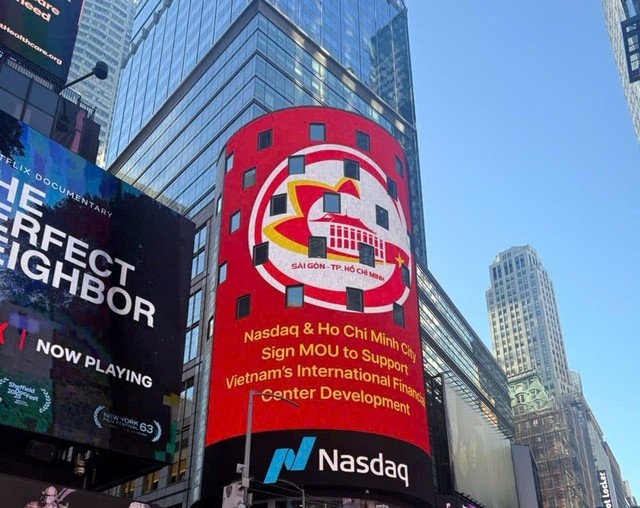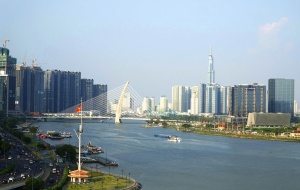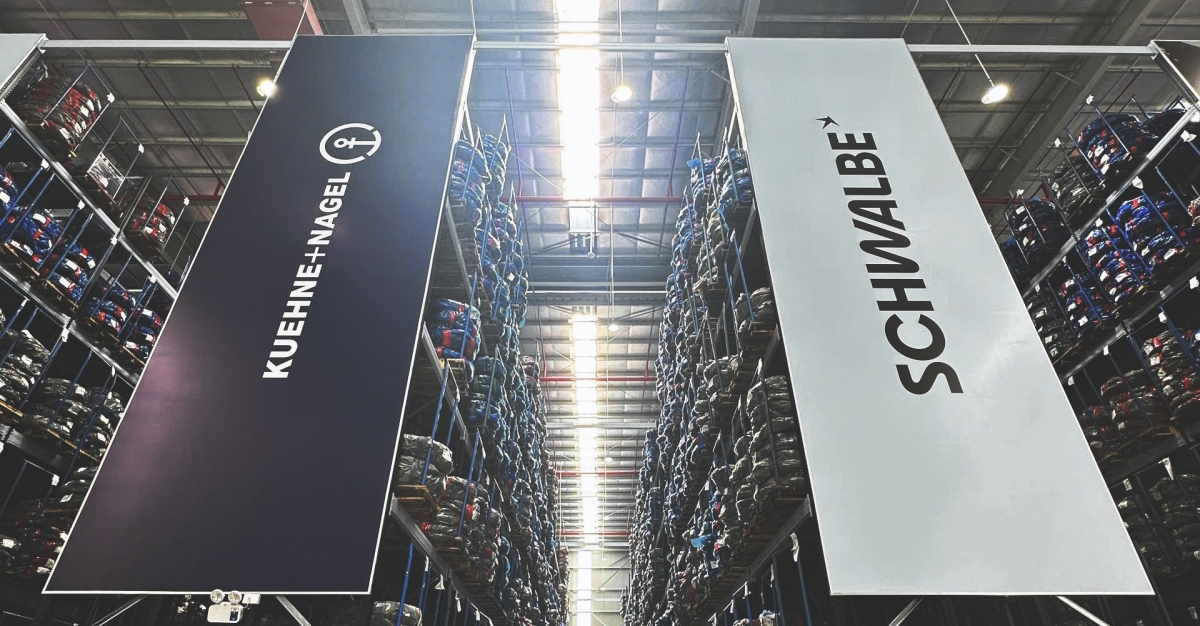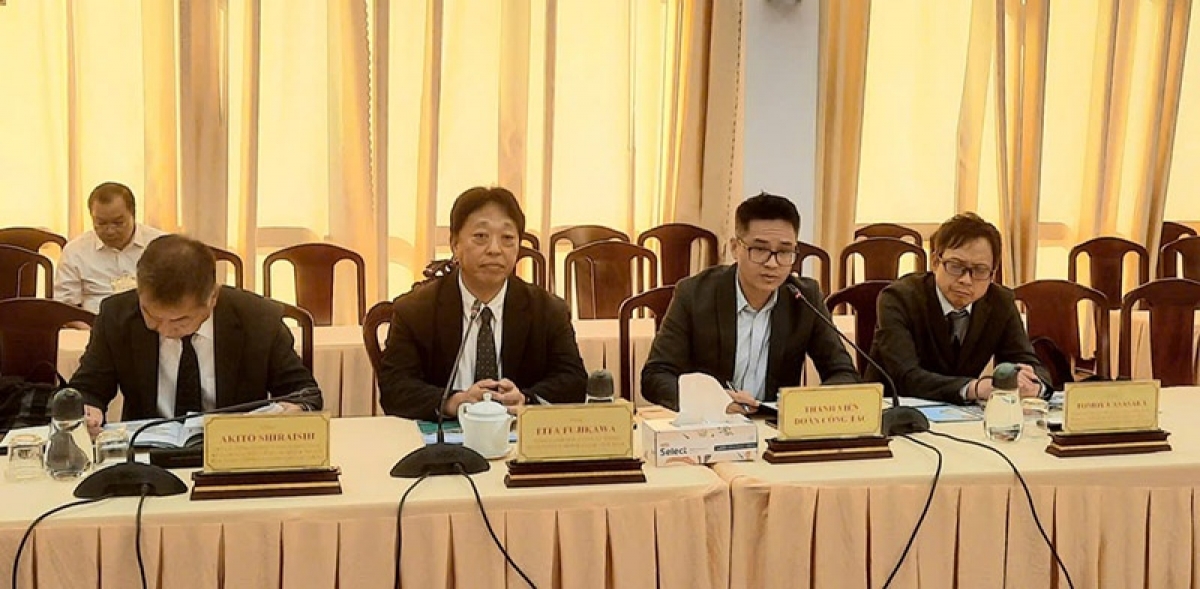INTERNATIONAL INVESTMENT
AND PORTAL
Ho Chi Minh City has taken a key step towards establishing its international financial centre through a new cooperation deal with the Nasdaq Stock Exchange.

Ho Chi Minh City Department of Finance signed an MoU with Nasdaq at the exchange’s headquarters in the United States on October 17. The agreement aims to promote collaboration in developing the Vietnam International Financial Centre (IFC) in the city, supporting its ambition to become a regional financial hub.
Under the agreement, Ho Chi Minh City and Nasdaq will engage in strategic cooperation in governance, capacity building, cross-listing, and product development. The two sides will exchange best practices and experiences in the development of legal frameworks, operating mechanisms, risk management, product development, and international investment attraction.
Additionally, Nasdaq will support technology and technical services for the development and operation of the IFC. This is coupled with training Vietnamese workers in the fields of securities, bonds, derivatives, digital assets, and the carbon credit market. At the same time, Nasdaq will enhance the connection between the Vietnamese, US, and international financial communities.
Following the MoU, the two sides will set up a joint working group with regular meetings at least twice a year.
The deal marks a significant step forward in the collaboration between Ho Chi Minh City and Nasdaq, encouraging deeper linkage between Vietnam’s financial market and international capital markets, drawing high-quality investments in finance, technology, and innovation, and improving management competence.
The Nasdaq is home to many of the world’s leading technology companies, including Apple, Microsoft, Google, Tesla, Amazon, and Meta. It offers premier platforms and services for global capital markets, backed by advanced technology, deep market insights, and extensive industry expertise.
 Ho Chi Minh City pushes ahead with $6.88bn financial hub
Ho Chi Minh City pushes ahead with $6.88bn financial hub
Ho Chi Minh City is accelerating plans to establish a $6.88 billion International Financial Centre (IFC), with local authorities instructed to finalise the project report this month.
 Danang and Ho Chi Minh City IFCs poised for integration
Danang and Ho Chi Minh City IFCs poised for integration
In Vietnam’s strategy to establish itself as an international financial hub, Ho Chi Minh City is positioned as the nation’s liquidity powerhouse, while Danang city serves as an instrumental arm, amplifying its appeal and strengthening market connectivity.
 The cornerstone for Vietnam’s IFC success
The cornerstone for Vietnam’s IFC success
Since Vietnam approved plans for an international financial centre last year, the government has made remarkable progress to realise its vision. Damian Hickey, regional director for Southeast Asia at The Tony Blair Institute for Global Change, analyses the priorities and pitfalls of the process.
By Thanh Van



















